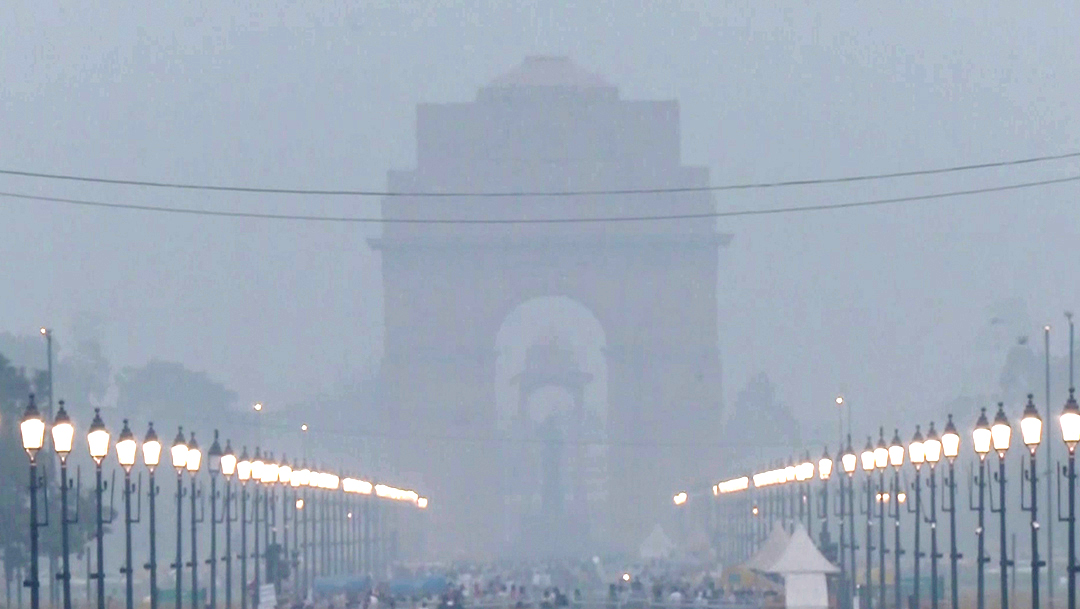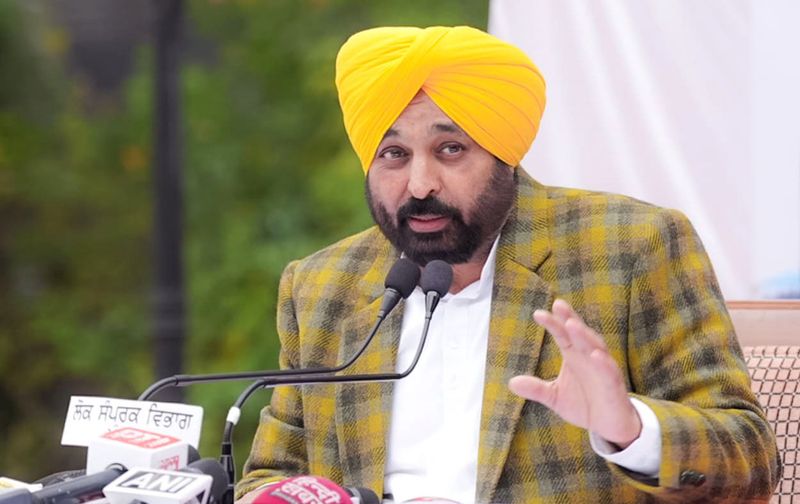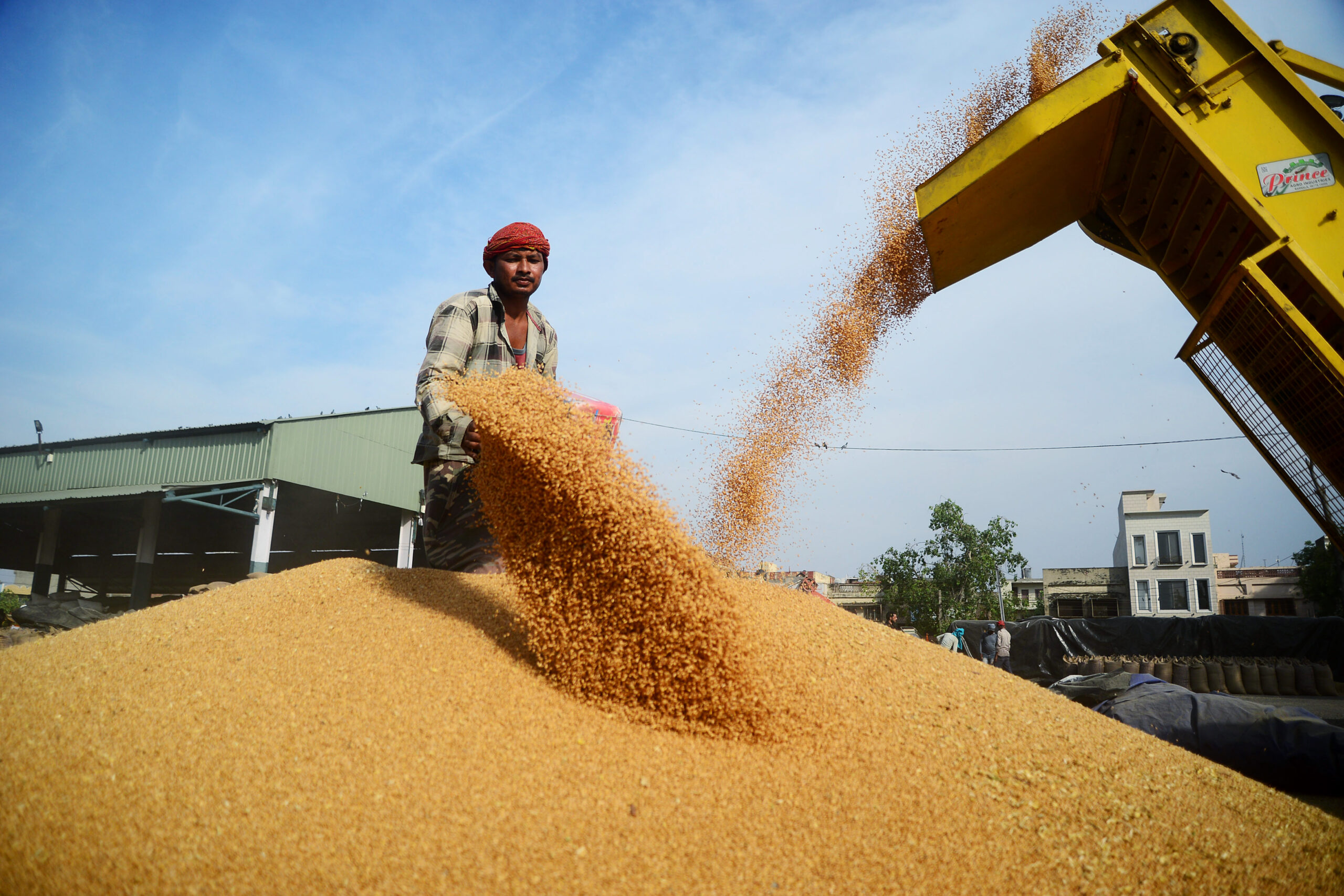Delhi Environment Minister Gopal Rai led a meeting involving relevant departments to ensure compliance with the Supreme Court’s instructions regarding pollution. Transport Minister Kailash Gahlot and Revenue Minister Atishi were also present during the meeting.
Rai emphasized that the AAP government would adhere to the Supreme Court’s pollution control guidelines. The Supreme Court has issued directives related to curbing pollution in Delhi, including putting an end to stubble burning in states where it occurs.
Despite deteriorating air quality and the ongoing pollution concerns affecting people’s health, reports of stubble-burning incidents in the Mamdot area of Ferozepur, Punjab, continued.
The national capital remained shrouded in a thick toxic haze, with air quality categorized as “severe,” as reported by the Central Pollution Control Board (CPCB) on Wednesday.
The Supreme Court expressed grave concerns about the hazardous air quality in Delhi and directed that farmers cease stubble burning immediately in Punjab, Haryana, and western Uttar Pradesh, considering it a major contributor to air pollution. The court also noted that the smog towers installed as per a prior order were not functioning and instructed the government to ensure their repair.
The top court further asked the chief secretaries of the respective states to hold a meeting, either physically or via Zoom, to address the pollution issue. It was observed that schemes like odd-even for vehicles, which have been used in the past to tackle pollution, were seen as mere optics.
Air pollution during winter months can be attributed to various factors, including dust and vehicular pollution, dry-cold weather, stubble burning, crop residue burning, and increased commuting.







